Honda is Developing a Hybrid Motorcycle With Two Electric Motors

Multiple patents offer a hint of Honda’s approach to hybrids
Kawasaki made a big splash at EICMA last fall, announcing, among other green initiatives, an upcoming hybrid motorcycle. Whether Kawasaki will reach its target of a 2024 launch for a Ninja HEV remains to be seen, but when it does arrive, we have to remember it’s not the first mass produced hybrid two-wheeler. No, that honor actually belongs to the Honda PCX Hybrid scooter, introduced in 2018 for Asian markets.
Not that we’d blame anyone who forgot about it. Beyond the PCX Hybrid only being available for a few markets, Honda also hasn’t done much to push hybrid technologies for two-wheelers. Honda made an announcement last September about getting its motorcycle business carbon neutral by 2040, but the focus was entirely on electric vehicles, with hybrids never once being brought up.
Thanks to some newly published patent filings, we now know that Honda actually has been working on hybrid motorcycles. In fact, Honda has filed at least 11 separate patents related to hybrid two-wheelers. All 11 were originally filed in 2021 and only made public last week. The 11 patents all appear to be part of the same project, with each of them having a slight variation from the others.
That kind of iteration is something we see fairly often in patent filings, though maybe not to this extent. Each patent takes a slightly different approach, with a focus on a singular goal, such as reducing the overall width of the powertrain, or improving cooling to a specific component.
While the details vary, all 11 patents define a few core elements: a motorcycle with a multi-cylinder internal combustion engine working in concert with not one, but two separate brushless three-phase electric motors.
A power control unit (PCU) manages how power is delivered to the rear wheel, whether it’s the engine working on its own, with one or both motors assisting, or with one motor driving the rear wheel in a pure electric mode.
The use of two electric motors is particularly interesting. While it adds complexity, there are some benefits in having two motors. The patents describe how one motor can work as a drive motor while the other becomes a generator, converting engine output to electricity to charge the batteries. Combined with regenerative braking, this hybrid setup could allow for smaller, and lighter batteries without making too big a sacrifice to range, a challenge for purely electric vehicles.
A couple of the patents arrange the two motors side by side behind the engine to reduce the overall width, others have one behind the engine and the other lined up with the motor’s crankshaft. Another has the motors aligned vertically behind the engine to improve cooling.
The patent illustrations show a frame similar to that of the NC models, but considering where some of the examples place the engine, it’s clearly just a placeholder and not indicative of what may end up in an actual product. The use of the NC750 engine in most of the patent diagrams does make some sense, as its forward-tilted cylinder bank does allow different options for positioning other components such as batteries. In some cases, Honda used a more typical engine arrangement with the cylinders closer to vertical.
The patents mention a continuously variable transmission, but they don’t rule out a possible application with a manual gearbox. CVT or not, one of the patents describes using Honda’s dual clutch design, not to switch gears but to switch between the ICE and the two electric motors.
The wide variety in the patents suggest an open approach to different ideas, but we expect Honda will focus on one or two specific directions for the next stage of development. As such, we don’t expect to see Honda introduce a hybrid dual-motor motorcycle for quite some time. Still, with Kawasaki aiming for a 2024 launch, Honda won’t want to fall too far behind.
Become a Motorcycle.com insider. Get the latest motorcycle news first by subscribing to our newsletter here.

Dennis has been a part of the Motorcycle.com team since 2008, and through his tenure, has developed a firm grasp of industry trends, and a solid sense of what's to come. A bloodhound when it comes to tracking information on new motorcycles, if there's a new model on the horizon, you'll probably hear about it from him first.
More by Dennis Chung



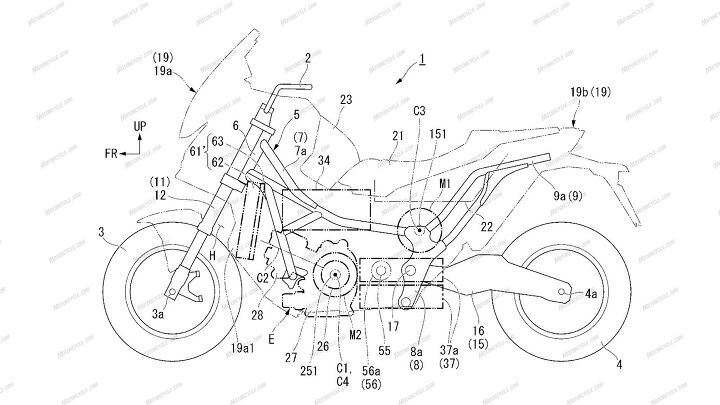

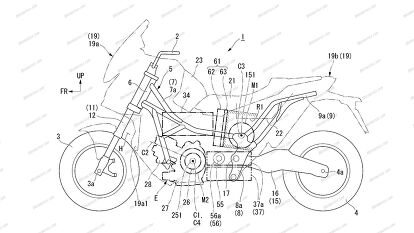
























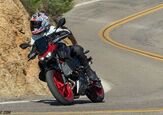

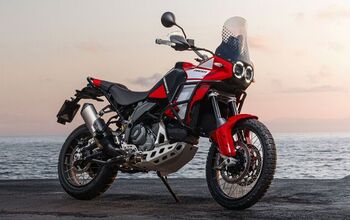

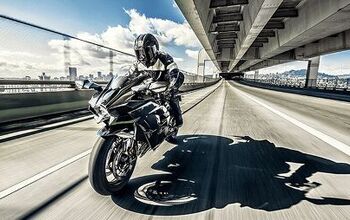

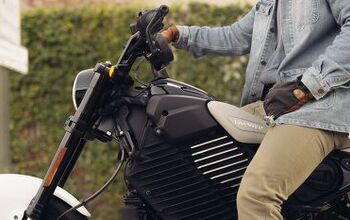
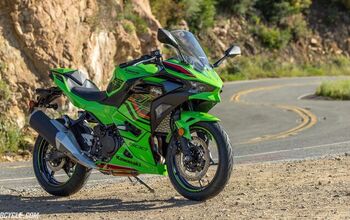
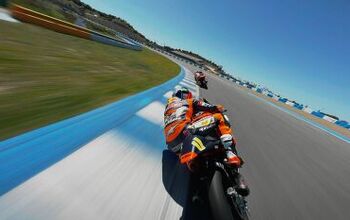

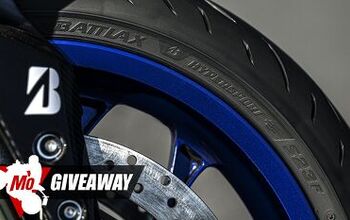
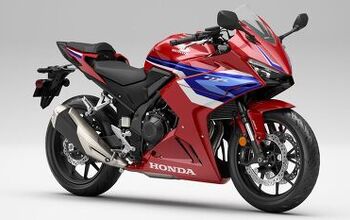
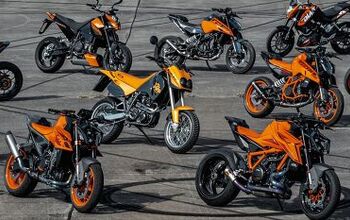

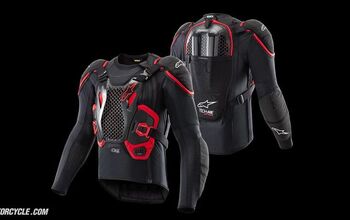
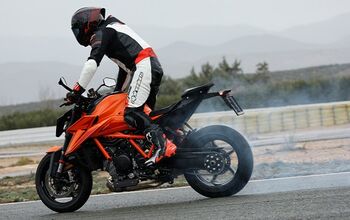
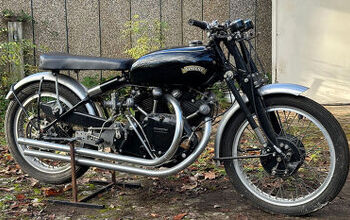


Comments
Join the conversation
hybrid with two electric motors and CVT screams eCVT. a planetary gear set with two input shafts and one output shafts takes the petrol engine and electric motor #1 as inputs and outputs to the front sprocket and replaces the gearbox
the electric motor can spin both way when the engine is running to continuously modify the gear ratio, replacing both the gearbox and the clutch.
the second motor can be attached on the output shaft and provide pure electric mode when the engine is shut down, act as a generator to provide engine breaking/Regen when the rider wants to slow down engine is on or off or recharge the battery when the motor y le is cruising. this is basically Toyota (and Ford!) 27 years old proven tech used in every generation of Prius and every Toyota hybrid ever since.
downside of hybrid motorcycle is because of lower weight and higher drag coefficient, there is less Regen energy to recover, and motorcycles already get better mpg on city and don't expect +100% city mpg, while the highway mpg will be mostly unaffected, unless a more efficient/lower power Atkinson engine is combined with the hybrid powertrain